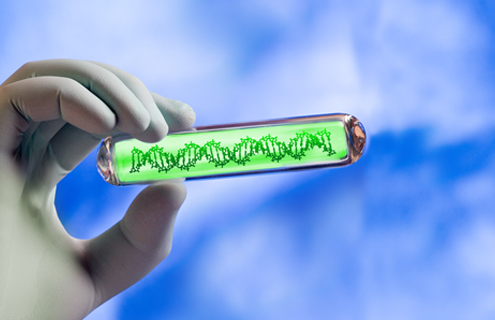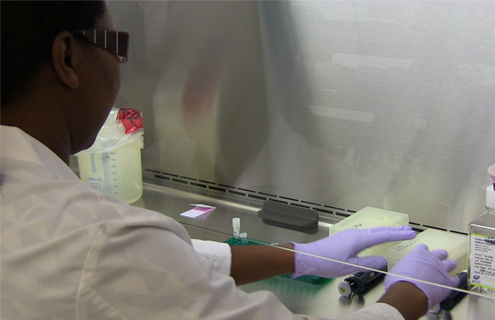These products provide essential tools for assay development, inclusivity and exclusivity testing, and evaluating the limit of detection. They are supported by genotypic, phenotypic, and functional analyses to ensure authenticity, so you can trust your results and reproduce your data.
Blood-borne disease research

Development of synthetic molecular standards for hepatitis research
The detection and monitoring of viral hepatitis typically relies on the use of molecular-based methods. Because Hepatitis B (HBV) and Hepatitis C virus (HCV) are difficult to culture in vitro, obtaining control material for these assays is a challenge. To address this issue, ATCC has developed quantitative synthetic molecular standards for HBV and HCV, as well as HAV and HEV. These preparations are stable, can be handled in biosafety level one facilities, and are compatible with numerous published protocols. Read our application note to explore the development and validation of these materials.
Go to the application note
Challenges and solutions in the development of molecular-based assays
Molecular-based assays are powerful and precise diagnostic tools for the detection of clinically relevant infectious agents. However, while these assays demonstrate several advantages over traditional culture-based approaches, great care must be taken to ensure that assays are properly validated to guarantee performance and uncompromised data. Read our white paper to learn more about the challenges associated with the development and validation of molecular-based assays and discover guidance on selecting the ideal reference materials.
See the Solutions